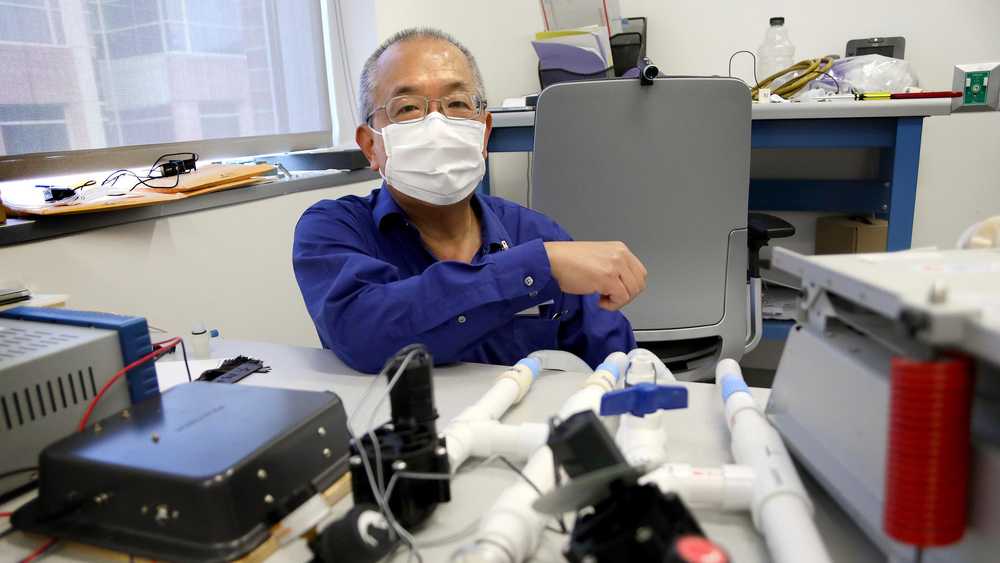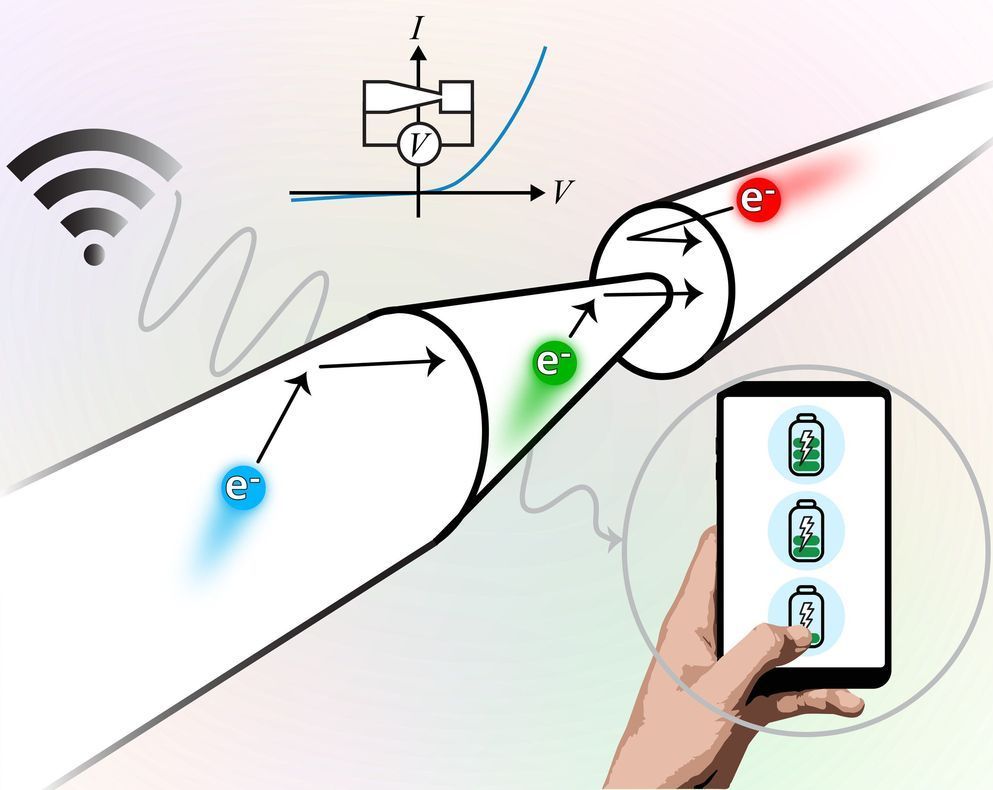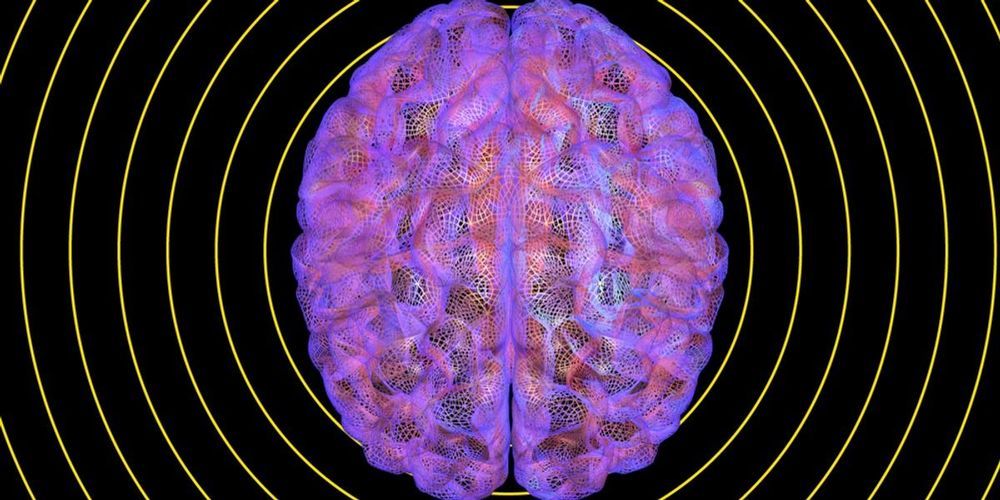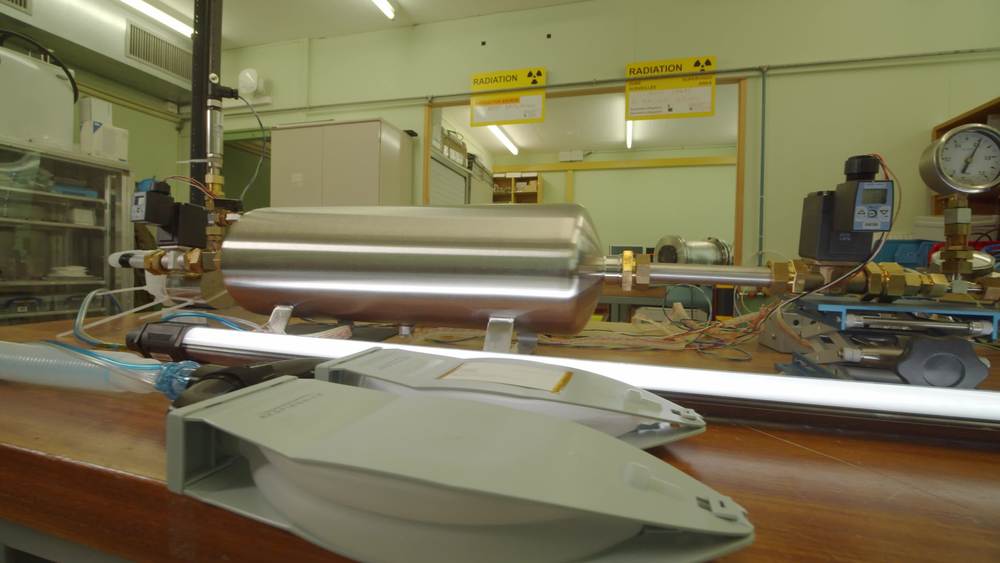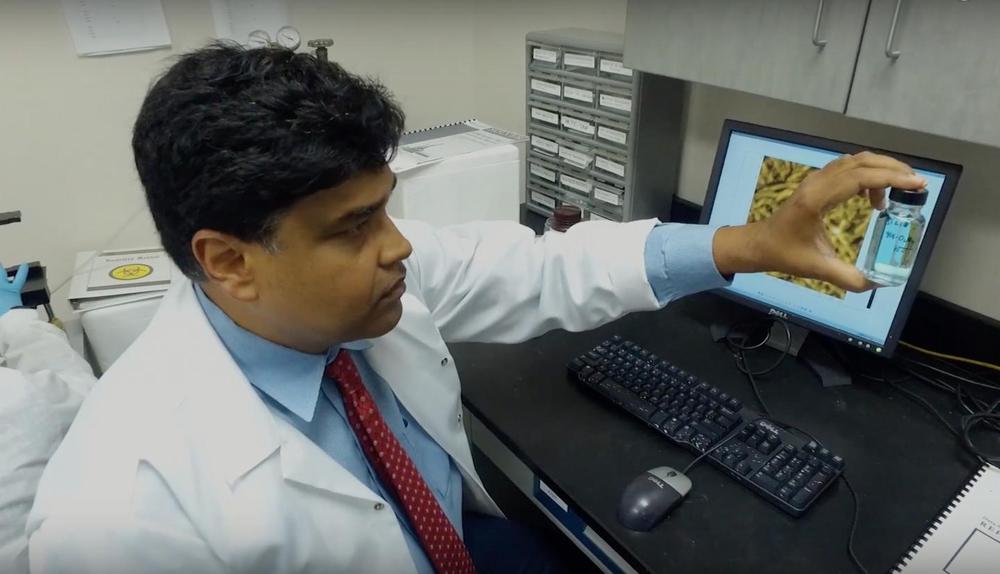A team of University of Florida engineers developed a cheap and easily sourced ventilator made with PVC, sprinkler valves, and Arduino. The design can be made for around $125 and could help with the demand for ventilators in the COVID-19 pandemic.
A ventilator envisioned by a University of Florida engineer and built with do-it-yourself parts gained first-step FDA authorization this week, offering hope that it could be in use within weeks at hospitals around the world where COVID-19 patients have overwhelmed supplies of traditional medical equipment.
The ventilator, composed of parts readily available for less than $250, can be assembled in less than an hour. UF has made plans and software available free over the internet.
“The testing is obviously important right now because the worst-case scenario is that a patient will need three weeks of ventilator support, so we want to make sure this will run non-stop for three weeks,” said Samsun Lampotang, a professor of anesthesiology in the UF College of Medicine, who led design of the device.
